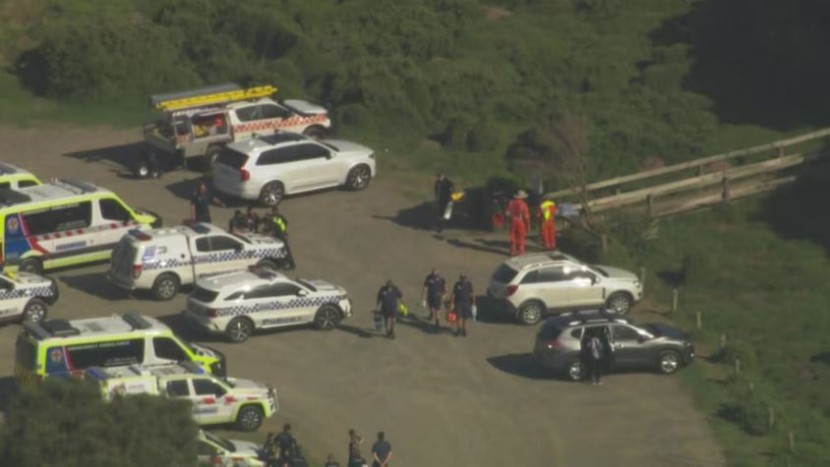A 20-year-old woman died in the hospital on Thursday, Jan. 25 after three others drowned after all four of them were pulled from the water at an unpatrolled beach off the coast of Phillip Island, southeast of Melbourne in Australia's Victoria state.
Local media reported that the three who were earlier reported to be deceased were identified as a woman and man in their 20s and a 43-year-old tourist from India. The fourth person, another woman, was taken to the hospital on Wednesday, Jan. 24 in critical condition where she later died.
Victorian authorities said that the three people in their 20s were residents of Clyde, also in Melbourne's southeast. All four of the victims, which police said were all related, were found on a beach locally known for treacherous conditions, with speculations that they allegedly were caught in a riptide.
Meanwhile, Victorian Premier Jacinta Allan offered condolences to those affected by the "terrible tragedy" that happened on Wednesday, saying that the state government was working with Life Saving Victoria (LSV) to ensure water safety messages were effectively communicated to all members of the community.
"To be out enjoying a day with family and friends in a beautiful part of our state—to end in this tragedy—must be so devastating," she said.

Officials Urge Swimmers to Stay on Patrolled Beaches
LSV spokesperson Kane Treloar told reporters on Thursday that the tragedy marked an almost 20-year low for the state. The last time multiple people drowned on Victoria's beaches was in 2005.
"Our lifeguards are doing a tremendous job... working to reduce the number of fatal drownings occurring," he added. "The most important thing to remember is that if we can't see you, we can't save you."
Victoria has now seen 19 drownings during the Australian summer period since December, public broadcaster ABC reported.
LSV General Manager Liam Krige also said that people heading to the coastlines should prioritize water safety and head to a patrolled location to prevent the possibility of drowning.
"It is preventable by people making water safety their priority, seeking that advice before they head out to those locations," he added.








